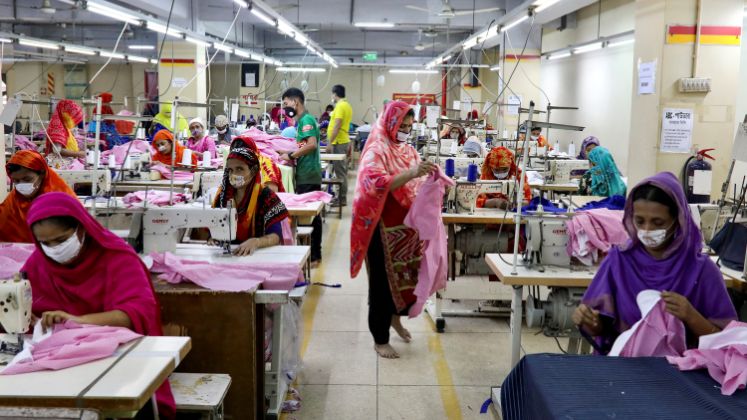
Bangladesh experienced its lowest level of import Letter of Credit (LC) openings in June in nearly five years, according to data released by the Bangladesh Bank. The decline reflects broader economic challenges, including falling private investment, persistent inflation-wage mismatches, and weakening consumption.
In June, import LC openings totaled US $ 4.14 billion, marking a 24.4% decrease from US $ 5.47 billion during the same month last year. This level is the lowest since August 2020, during the peak of the COVID-19 pandemic, when openings stood at US $ 3.7 billion. Additionally, LC settlements in June dropped by 14% to US $ 4.59 billion from US $ 5.33 billion a year earlier — the lowest since November 2020.
Analysts warn that the sharp decline in import activities signals deteriorating economic momentum. Central bank data shows that throughout the second half of FY25, LC openings steadily declined, culminating in June’s record low. Stakeholders attribute this to a sustained slowdown in private investment, which fell over 25% in capital machinery imports and declined in intermediate goods, petroleum, and raw materials.
Syed Mahbubur Rahman, Managing Director and CEO of Mutual Trust Bank, emphasized the impact of reduced imports: “Many importers have scaled back their purchases due to lower demand. The low implementation rate of the government’s Annual Development Programme (ADP) further compounds the issue. For an import-dependent economy like Bangladesh, such a sharp fall in imports is concerning and could impact government revenue and banking sector income.”
Despite the decline in June imports, total imports for FY ’25 reached around US $ 69 billion, reflecting a marginal increase of 0.18% from the previous year. However, the growth was uneven across sectors, with capital machinery imports dropping by over 25%, indicating subdued investment activity.
Market experts suggest that the lack of import demand, especially for investment-related goods, reflects stagnant economic activity.






